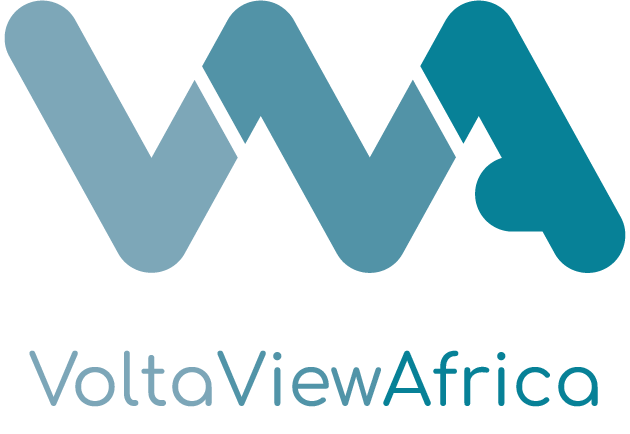Technical details
In co-operation with the Fraunhofer HHI and the partner company VoltaMove GmbH, low-cost, compact and service-friendly e-outboard motors were developed specifically for use and the requirements profile in sub-Saharan Africa. For the associated battery systems for supplying the motors with energy, we rely entirely on the use of innovative sodium-ion battery cell technology (NIB).
In contrast to conventional lithium-ion cell technology (LIB), NIB is characterised by a number of advantages:
- No scarce raw materials such as lithium, nickel, manganese or cobalt are required to manufacture NIBs
- the batteries can be operated completely safely (no risk of fire and/or explosion in the event of overcharging or deep discharge)
- subsequent recycling is possible without any problems; the only residual materials are sodium (essentially common salt), iron and aluminium.
These NIB cells have only recently become commercially available. NIB storage systems are being developed and tested by the Fraunhofer HHI in Goslar and certified in co-operation with the VDE.
The batteries are to be charged via a foldable solar roof, which is mounted on the boat and can also be used on land afterwards if required. This concept was exhibited at this year’s “Boot 2024” boat show in Düsseldorf at the joint stand of the German Ocean Foundation with great success and resonance. An initial prototype has already been successfully used and tested on a tourist boat with the “Bird Watcher Association” in The Gambia.
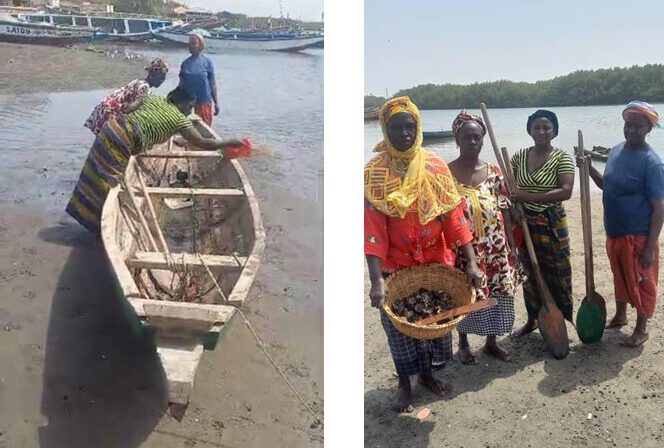
Supported by our partners
Technical support for the project with the oyster fisherwomen in Kartong is provided by our cooperation partner organisation NGO BenaBena The Gambia in Kitty near Brikama. We already have a long-term partnership with BenaBena in the field of renewable energy systems.
The second cooperation partner is the Serekunda-based University of Applied Science, Engineering and Technology (USET). There is also a long-standing cooperation with USET. VoltaViewAfrica will supervise a bachelor’s thesis for a team of women in cooperation with USET, which aims to systematically investigate and evaluate the effects of e-mobility for the fisherwomen in terms of improving their quality of life, improving the profitability of the oyster fishing business model and avoiding overfishing of oysters in the mangrove forests.
Niedersächsische Bingo-Umweltstiftung supports environmental and nature conservation projects as well as projects in favour of development cooperation and the preservation of historical monuments. The foundation is financed by the gambling levy and above all by proceeds from the Bingo environmental lottery. Further information can be found at https://www.bingo-umweltstiftung.de/.
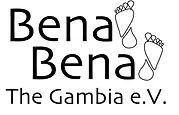

Other projects
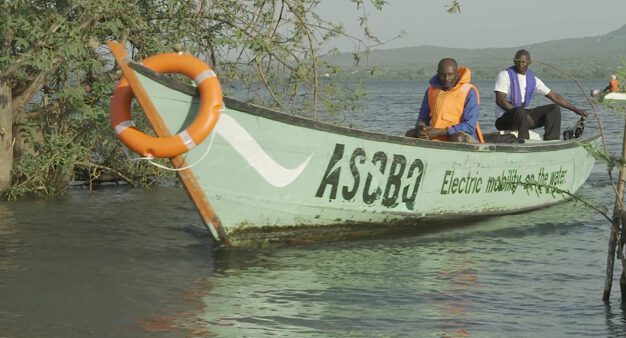
E-Mobilität für Kleinbootfischer auf dem Viktoriasee
E-Mobilität für Kleinbootfischer auf dem Viktoriasee Am Viktoriasee gibt es schätzungsweise rund 100.000 Kleinbootfischer, deren Boote meist mit Benzin-Außenbordmotoren betrieben werden. Viele dieser Fischer leben am Existenzminimum und können ihre…
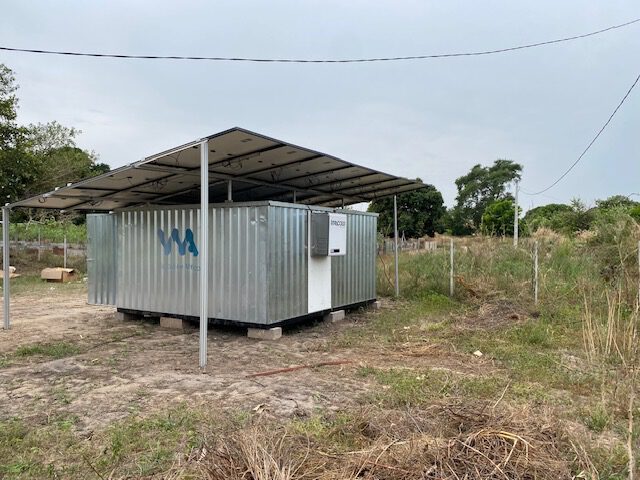
Solar-Kühlhaus-Container
Solar-Kühlhaus-Container Anfang Dezember 2024 hat das VoltaViewAfrica Team in dem Dorf Sintet, nahe der Ortschaft Kalagi in Gambia, an der Grenze zum Süd-Senegal, mit finanzieller Unterstützung der Annegret und Dr….
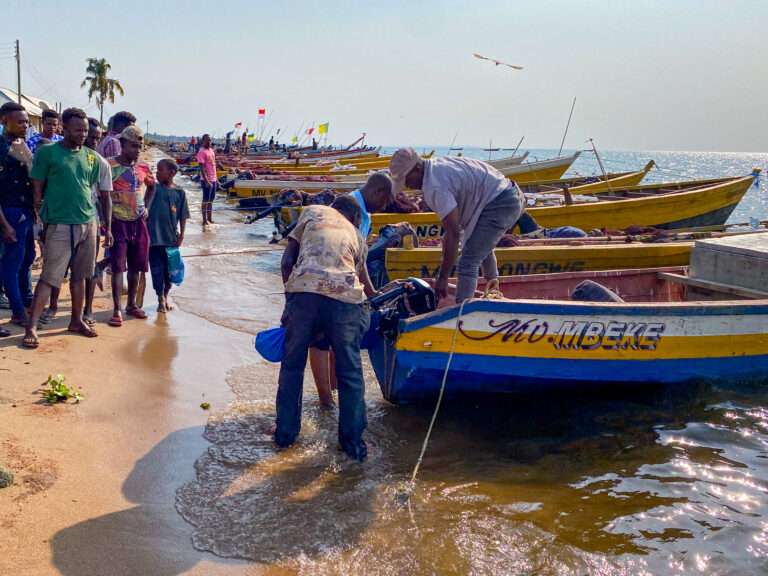
Kayenze Ndogo Living Lab
Kayenze Ndogo Living Lab In Zusammenarbeit mit unseren Partnern Technische Universität Clausthal und Fraunhofer HHI, beide Deutschland, und dem lokalen sozialen Start-up-Unternehmen ASOBO Tanzania Ltd. bauen wir ein Living Lab…
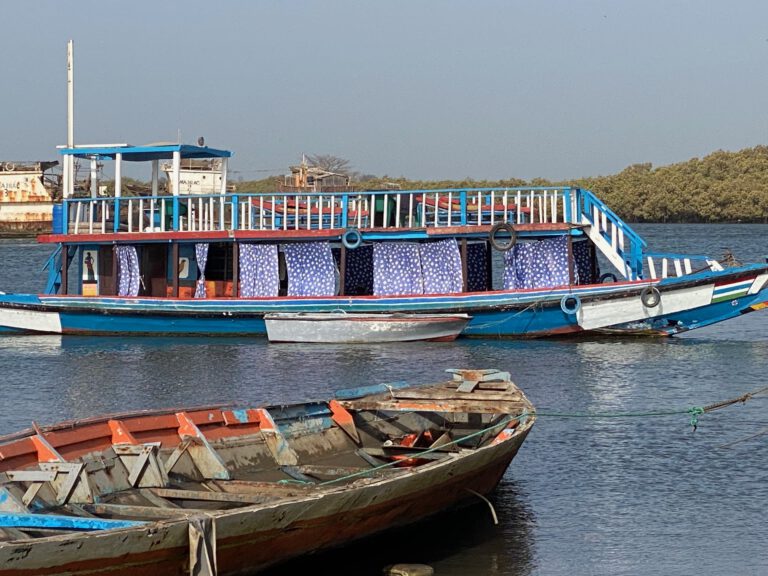
suneferry
suneferry Der 400 Kilometer lange Gambia-Fluss bildet ein beträchtliches Hindernis für den Nord-Süd-Transport entlang der westafrikanischen Küste. Abgesehen von der einzigen Fährverbindung zwischen Banjul und Barra existiert lediglich eine Brücke…

SuneFishing
SuneFishing Die Austernfischerei spielt in Gambia eine wichtige Rolle in der lokalen Wirtschaft und Kultur. Die Frauen fischen traditionell mit hand- oder benzinbetriebenen Booten, was jedoch mit erheblichen Herausforderungen verbunden…
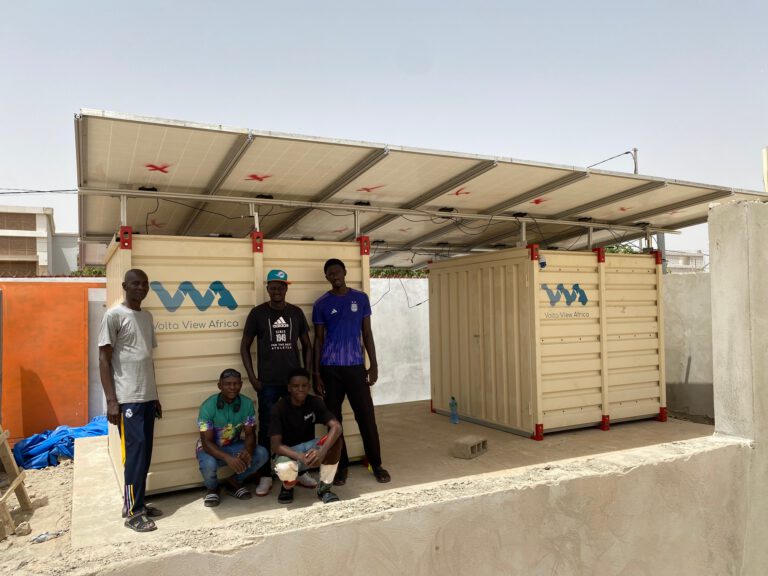
Schulprojekt in Kaolack/Senegal
Schulprojekt in Kaolack/Senegal Die Brusch&Ritscher Stiftung ermöglicht den Bau eines Schulzentrums in Kaolack/Senegal, hervorgegangen aus einer Schul- und Städtepartnerschaft zwischen der niedersächsischen Stadt Osterode und Kaolack im Nordwesten Senegals. VoltaViewAfrica…
